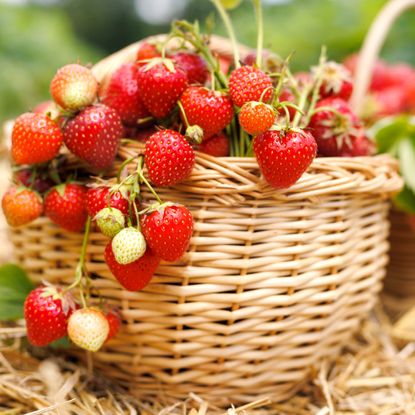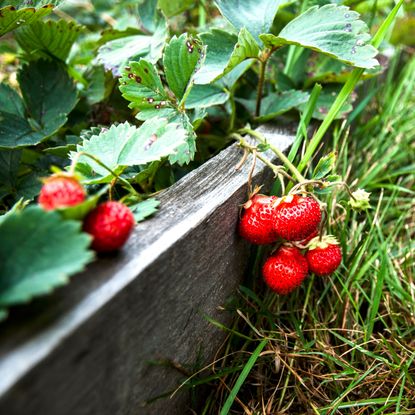Strawberry Plants
Growing strawberries is easy and fun, especially when you have the tools necessary to care for strawberry plants properly. Whether you grow them in the home or garden, in a pot or in the ground, the following articles will provide strawberry information to make this gardening endeavor easier. Not only can you learn how to grow strawberries, but also how to handle difficult situations as they arise.
-
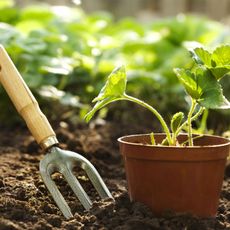
Do You Know How To Propagate Strawberries The Right Way? We Reveal 3 Foolproof Ways To Grow Lots More Fruity Treats Cheaply!
Reached the end of your strawberry harvests & itching to kickstart your next crop? If you’re wondering how to propagate strawberries, here are 3 ways to more juicy fruit
By Susan Albert
-
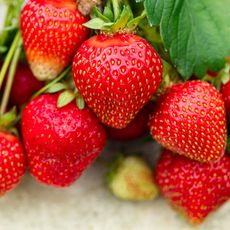
Grow The Sweetest Strawberry Fruits: Try These 6 Top Tips For Luscious Berry Goodness!
Why are some strawberry fruit sweet and what makes strawberries taste sour? Most causes of sour strawberries can be attributed to less than ideal growing conditions. Learn more about that here.
By Mary Ellen Ellis
-
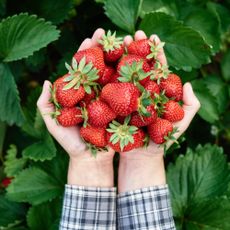
How Long Do Strawberries Take To Grow? Plus, Tips For A Faster Fruit Harvest
Strawberries are a great fruit for just about every garden, but how long do you have to wait for juicy berries? Depending on your method, maybe not too long!
By Amy Grant
-
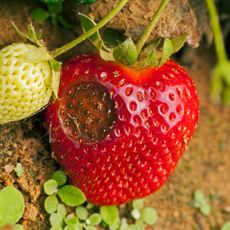
Don’t Lose Your Strawberries! Check For These 7 Strawberry Diseases & Protect Your Strawbs
Although strawberry plants are generally robust, you do need to keep an eye out for infections. Here are the 7 main strawberry diseases to watch out for
By Tonya Barnett
-
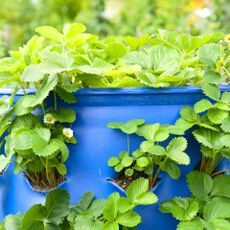
Strawberry Plant Not Producing Fruit? Here’s 6 Reasons Why – Plus, How To Boost Your Berries
A strawberry plant not producing fruit is understandably frustrating. If you’re puzzled by the lack of strawberries on your plants, it’s time to take action with this checklist
By Teo Spengler
-
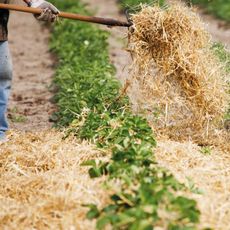
Mulching Strawberries: Create The Ideal Growing Environment For Tasty Summer Berries
Mulching strawberries is crucial for their survival over winter and will help next year's crop be as healthy as possible. Explore best mulch for strawberries.
By Mary Ellen Ellis
-
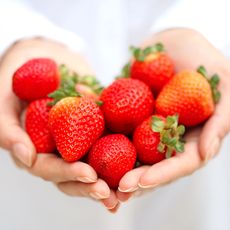
How To Grow Strawberries From A Strawberry: All You Need To Cultivate Yummy Fruits
You may know how to grow strawberries from small plants or runners – but what about growing from the fruit? Here we show you how to grow strawberries from a strawberry
By Mary Ellen Ellis
-
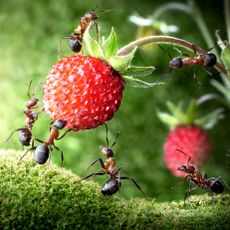
Bugged About Strawberry Pests? 6 Common Pests, Plus How To Protect Your Precious Strawbs
Strawberry plants looking a little under the weather and not sure why? Check to make sure they haven’t come a-cropper to one of these classic strawberry pests
By Tonya Barnett
-
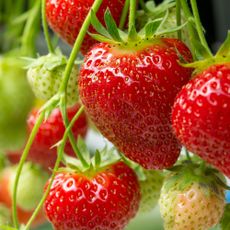
How To Grow Hydroponic Strawberries For Fast, Fresh Berry Fruits In A Clean And Fuss-Free Way
Cultivating strawberries outside of traditional pots and ground-based plots may sound like the stuff of science fiction but here’s why growing hydroponic strawberries can work for you
By Susan Albert
-
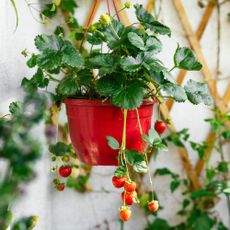
A Strawberry Hanging Basket Is An Elegant Way To Grow Fresh Fruit At Your Fingertips
Love strawberries but space is at a premium? The solution is growing strawberries in hanging baskets. Learn more about growing hanging strawberries.
By Susan Albert
-
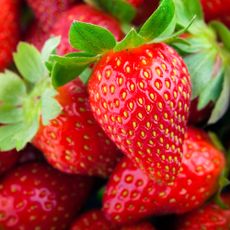
How to Grow Bigger Strawberries: 5 Tips For A Luscious Crop
Grow the biggest, juiciest strawberries imaginable with this expert advice for maximizing your home harvest.
By Bonnie L. Grant
-
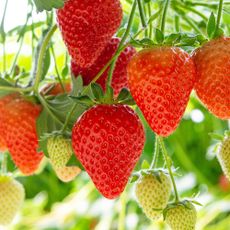
How To Grow Strawberries: The Definitive Guide
Get started growing strawberries with all the expert advice you need for a delicious crop – from plant care basics to troubleshooting common problems.
By Melanie Griffiths
-
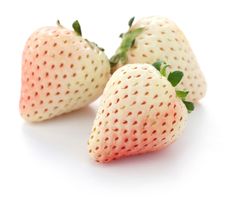
White Strawberry Plants: Tips For Growing White Strawberries
Most of us think of luscious, juicy red strawberries, but these berries are white. Now that I've piqued your interest, let's learn about growing white strawberries and what types of white strawberries are available. This article has more information.
By Amy Grant
-
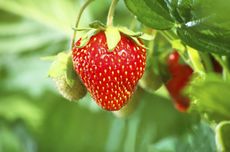
Strawberry Seed Growing: Tips On Saving Strawberry Seeds
It's obvious that strawberries have seeds, so how about saving strawberry seeds to grow? The question is how to save strawberry seeds for planting. Inquiring minds want to know, so click this article to find out what I learned about growing strawberry seeds.
By Amy Grant
-
Control Of Strawberry Black Root Rot: Treating Black Root Rot Of Strawberries
Black root rot of strawberries is a serious disorder commonly found in fields with a lengthy history of strawberry cultivation. In the following article, learn how to recognize the symptoms and get tips for the control of strawberry black root rot.
By Amy Grant
-
Delmarvel Information – Learn About Growing Delmarvel Strawberries
For folks living in the mid-Atlantic and southern United States, Delmarvel strawberry plants were at one time THE strawberry. It isn't any wonder why there was such hoopla over growing Delmarvel strawberries. To learn why, click the following article.
By Amy Grant
-
Tillamook Strawberry Facts – What Is A Tillamook Strawberry
If you decide to grow strawberries in your backyard garden, you may be overwhelmed by all the choices. There are many cultivars of this berry. If you want a high-yield plant that produces large, good-quality berries, try the Tillamook. Learn more in this article.
By Mary Ellen Ellis
